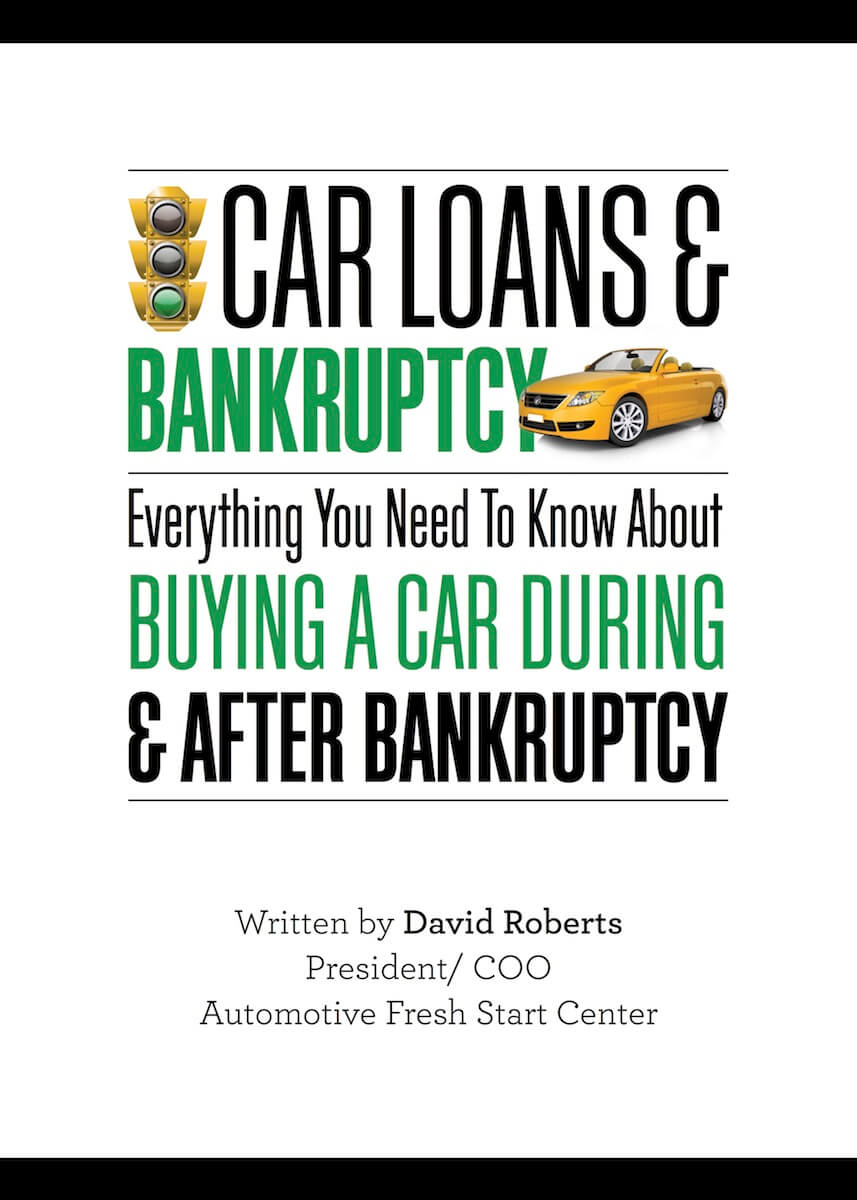Guarantor Issues in Chapter 11 Cases
Everything was going so well – you have filed the Chapter 11 case for the corporate debtor and are progressing nicely in the case. Then the main shareholder calls your office in a panic – “I’ve been sued!!!” You immediately start dreaming of huge sanction awards against a malevolent creditor that ignored your corporate Chapter 11. But, alas, the creditor has sued the principal as a guarantor on the corporate debt.
This situation is all too common and can cause substantial harm to the corporate case. Judgments against shareholders can result in garnishment of funds needed to cover corporate shortfalls, result in execution on the corporate stock or cause the shareholder to abandon the corporate case.
If your shareholder cannot or will not consider an individual bankruptcy filing, there are still options available to protect the shareholder (and your corporate case) through the corporate Chapter 11. Our office will, depending on the type of Plan being proposed or the particular situation, file an adversary proceeding in order to extend the provisions of the stay to the non-debtor.
The Chapter 11 Court has the equitable powers under Section 105(a) to enjoin the continuation of collection activities against the non-debtor, which would significantly impact the Debtor’s ability to successfully reorganize. See Carway v. Progressive County Mut. Ins. Co., 183 B.R. 769, 775 (S.D. Tex 1995).
As a general rule, the automatic stay will normally apply to non-debtors only “when a claim against the non-debtor will have an immediate adverse economic consequence for the debtor’s estate.” Queenie, Ltd. v. Nygaard, Int., 321 F.3d 282, 287 (2d.Cir.2003). As cited by the Queenie Court, examples are a claim to establish an obligation of which the debtor is a guarantor, McCartney v. Integra National Bank North, 106 F.3d 506, 510-11 (3d Cir. 1997), a claim against the debtor’s insurer, Johns-Manville Corp. v. Asbestos Litigation Group (In re Johns-Manville Corp.), 26 B.R. 420, 435-36 (Bankr. S.D.N.Y. 1983) (on rehearing), and actions where “there is such identity between the debtor and the third-party defendant that the debtor may be said to be the real party defendant . . .,” A.H. Robins Co. v. Piccinin, 788 F.2d 994, 999 (4th Cir. 1986). Capital contributions from the shareholder are also a good reason to extend the provisions of the stay to the non-debtor. The fact that the co-debtor’s capital contributions are available to fund Debtor’s Plan warrants extension of the stay to the necessary co-debtor. See In re Hamlin’s Landing Joint Venture, 81 B.R. 651, 653 (Bankr. M.D. Fla. 1987).
If you are considering Chapter 11 for a corporation and have a personal guarantee issue, consider the above when deciding on which attorney’s office to utilize. Ask how the attorney will handle a situation where a personal guarantee action has been filed. Our office has the experience to recommend the appropriate course of action in such a situation, whether it requires filing a separate bankruptcy petition or attempting to stay the suit through an extension of the automatic stay.
Contact our office at 904.725.0822 or bkmickler@planlaw.com for a free consultation regarding filing bankruptcy.
